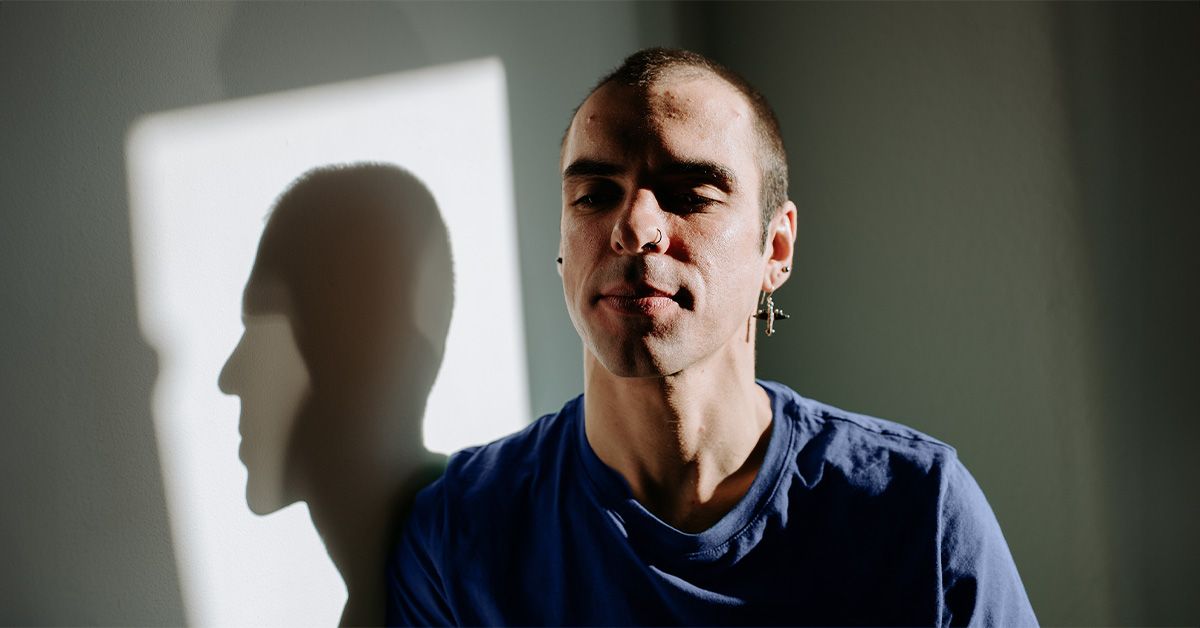My general practitioner — also a cardiologist — made a lame attempt at convincing me there was no cause for alarm. “It may feel like a heart attack,” he said, “but if it was, you’d be dead by now.” My next visit was to my OB/GYN — another male — who told me the stabbing stomach pains and mood swings I was experiencing were “all in my head, just stress from being a working mom.” His prescription: “Relax! Have a glass of wine at dinner.”
A desperate call to my best friend finally sent me in the right direction. She said she had never heard my voice sound so frightened, so small. “Go talk to my therapist,” she insisted. “She will sort this out.”
And she did, with a simple act of validation: “No, I don’t think you’re losing your mind,” she told me. “And I promise you that you’re not dying. What I think you are going through is menopause — the peri stage.” She explained how it was likely that my hormone levels, especially estrogen, were fluctuating wildly and triggering a tsunami of symptoms. She sent me home with a prescription for Ativan for immediate relief and Lexapro for longer term. We booked a second session to talk later in the week.
“I promise you that this is not the new normal,” she said. “You will not feel like this forever.”
When I called my gyno with her diagnosis, he scoffed. “Menopause? At 43? Not likely!” Six months later, my cycle became erratic and a year later my period ceased entirely. As my therapist had promised, everything calmed down. I felt like me again.
How could medical professionals have been so clueless to miss what was going on? According to The New York Times, it wasn’t until the ’80s that doctors began to understand that perimenopause was not “a slow draining of estrogen levels until you hit the end of your period” but rather “more of a turbulent process.” When I was in the thick of it, I didn’t know where to turn — the medical system failed me.
Fast forward 12 years: Many of my friends are dealing with an assortment of strange symptoms, both mental and physical. Though we know so much more, there is still lot of uncharted territory when it comes to peri and post transitions. A 55-year-old friend recently asked me if her sudden onset of bursitis might be a result of dwindling estrogen, and I turned her on to an Instagram account that reports on the musculoskeletal syndrome of menopause.
“Wow,” she texted me back. “This is exactly what I’m experiencing and I haven’t had a period in five years! Who knew you can go on for years feeling lousy?”
I did. I am now the one who must talk my friends off the ledge: Everything you feel is real and valid. And no, you’re not nuts — it’s not all hot flashes and night sweats. There’s also hair thinning, voice changes, joint aches, weight gain, palpitations, anxiety, depression and high blood pressure — to name a few. The symptoms and severity seem as individual as a fingerprint, and even vary between races, research shows.
Since I went through menopause, a lot has changed. Celebrities like Oprah, Michelle Obama and Drew Barrymore are speaking about their own journeys. There are a multitude of books, podcasts, social media accounts and nutritional supplements to ease the way. Women are meditating, cupping, and taking phytoestrogens, black cohosh and red clover for relief.
I wish I had known back then what I do now. I would have felt seen and heard and unashamed. More than a million women in the U.S. experience menopause each year, according to the National Institutes of Health — yet until recently, few spoke of it. It’s a natural biological occurrence, yet remains taboo. We need to further this discussion, fund new research and educate doctors to not dismiss our concerns and questions. The fact that we still don’t understand how the different stages of menopause impact a women’s health should give us all “pause” for concern — and frankly, spur us on to find the answers.
Read the full article here
















